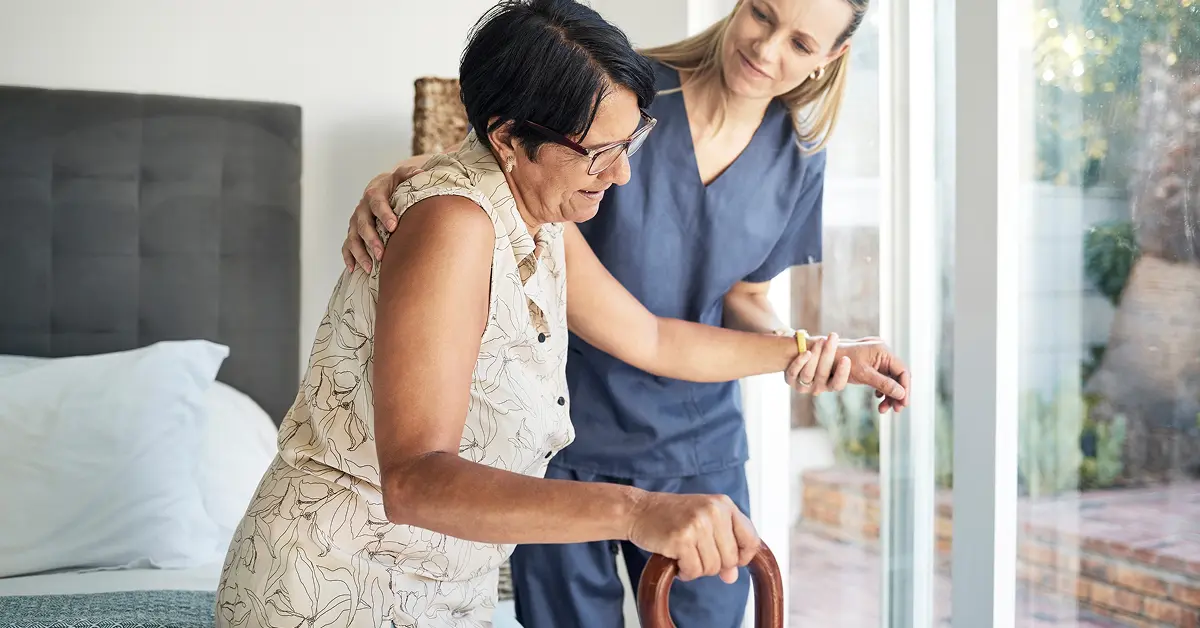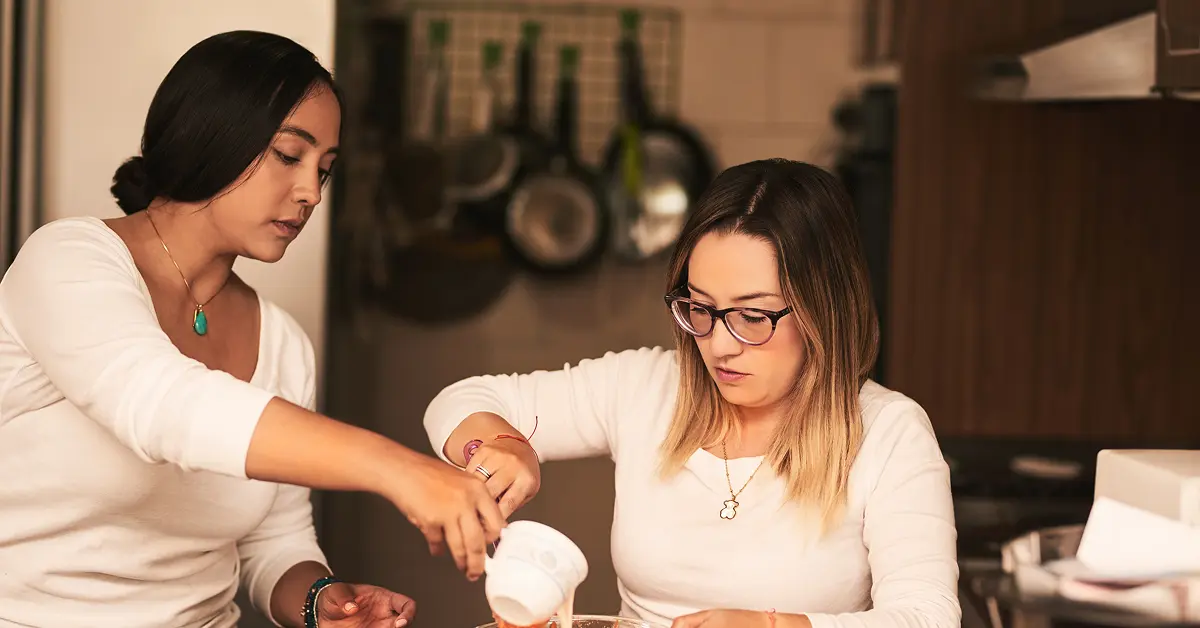Discover how professional caregivers in India support elders with structured evening routines, enhancing sleep, safety, nutrition, and emotional well-being in their golden years.
Introduction
As people age, maintaining a consistent and calming evening routine becomes vital for their physical health and emotional well-being. For many Indian families with Elderly Care Services managing these routines can be challenging due to work schedules, health issues, or lack of expertise. This is where professional caregivers step in as a crucial support system. Caregivers not only assist elders with physical tasks but also create an environment of security, comfort, and routine.
In this blog, we’ll explore the significant ways caregivers help manage evening routines for elders and how this contributes to better health and a higher quality of life.
Understanding the Importance of Evening Routines for Elders
Evening routines are important for everyone, but especially for the elderly. With age, the body and mind become more sensitive to changes in schedule, environment, and emotional stress. A well-structured evening routine can:
- Promote better sleep
- Reduce anxiety and confusion (especially in dementia patients)
- Encourage timely medication
- Improve digestion through proper meal timing
- Enhance safety and hygiene
- Offer emotional comfort and companionship
Caregivers bring structure to these critical hours, offering personalised care that addresses both medical needs and emotional support.
Meal Preparation and Dinner Assistance
For many elderly individuals, preparing meals can be physically exhausting or even risky due to conditions like arthritis, poor vision, or cognitive decline. Caregivers assist with:
- Preparing nutritious, elder-friendly meals
- Ensuring meals are served on time
- Feeding assistance, if needed
- Post-meal cleaning and kitchen safety
In India, where dietary preferences and traditions vary widely, caregivers are often trained to prepare regional dishes suited to the elder’s taste and health requirements.
Evening Medication Management
Taking medication at the right time is critical for elderly people managing chronic conditions like diabetes, hypertension, or arthritis. Missing doses or incorrect consumption can lead to serious complications.
Caregivers help by:
- Keeping track of medication schedules
- Administering medicines properly
- Monitoring for side effects or changes in behaviour
- Maintaining a medication log for the family or doctor
Personal Hygiene and Changing Assistance
Personal hygiene becomes more challenging with age. An evening routine often involves:
- Helping with sponge baths or a light shower
- Changing into nightwear
- Brushing teeth or cleaning dentures
- Cleaning hands and feet before bed
In Indian households, evening hygiene also includes rituals like oiling hair, applying balms, or washing feet — caregivers ensure these cultural practices are maintained with respect and sensitivity.
Managing Sundowning Symptoms
Elders with Alzheimer’s or dementia may experience sundowning, a condition where confusion, agitation, or anxiety worsen during evening hours. This can be very stressful for families.
Caregivers are trained to handle such symptoms by:
- Maintaining a calm environment
- Using soft lighting and limiting loud sounds
- Keeping the elder engaged with relaxing activities
- Providing reassurance and emotional comfort
- Avoiding caffeine or stimulating foods in the evening
Evening Walks or Light Exercises
Physical activity in the early evening helps improve digestion and sleep quality. Caregivers often include:
- Short, supervised walks
- Gentle stretching
- Yoga or pranayama
- Chair exercises
These are done considering the elder’s health limitations and under the guidance of a doctor or physiotherapist.
Companionship and Emotional Support
Loneliness is a serious issue among Indian elders, especially in urban nuclear families or when children live abroad. Evening is often the loneliest time of the day.
Caregivers help by:
- Chatting or listening to the elder’s stories
- Reading aloud newspapers or religious books
- Watching TV together or listening to bhajans
- Engaging in light games like Ludo or cards
Bedtime Preparation
Caregivers help elders transition smoothly into bedtime through a series of calming steps:
- Turning off harsh lights and switching on soft night lamps
- Adjusting pillows, bedsheets, or supporting medical beds
- Setting up any mobility aids close to the bed
- Offering a glass of warm milk or herbal tea if prescribed
- Ensuring incontinence products are used, if needed
Creating a Safe Environment
In Indian homes, floors may be slippery with tiles or cluttered with furniture. In the evening, with dim lighting and fatigue setting in, the chances of falls increase.
Caregivers ensure safety by:
- Clearing walking paths and organising belongings
- Using anti-slip mats and grab rails
- Ensuring walking sticks or walkers are nearby
- Turning on night lights in hallways and bathrooms
Maintaining Routine Consistency
The key to a successful evening routine is consistency. Caregivers ensure the same routine is followed daily so that the elder’s body and mind become accustomed to the rhythm. This consistency:
- Reduces confusion
- Supports better sleep
- Maintains emotional stability
- Eases transitions into night-time rest
Conclusion
Managing evening routines for elders requires a balance of medical knowledge, emotional intelligence, and cultural sensitivity — something professional caregivers are well-equipped to provide. In India, where family is at the heart of everything, having a trained caregiver doesn’t replace family love but rather strengthens it by ensuring elders are well cared for, especially during the most vulnerable hours of the day.
Whether it's helping with dinner, providing emotional support, or creating a peaceful sleep environment, caregivers truly make a difference in the lives of our elderly loved ones.
Looking for professional caregiver support for your elders? Choose trained and compassionate experts who respect Indian family values and ensure holistic well-being for your senior loved ones — from sunrise to sundown.
Contents
- Introduction
- Understanding the Importance of Evening Routines for Elders
- Meal Preparation and Dinner Assistance
- Evening Medication Management
- Personal Hygiene and Changing Assistance
- Managing Sundowning Symptoms
- Evening Walks or Light Exercises
- Companionship and Emotional Support
- Bedtime Preparation
- Creating a Safe Environment
- Maintaining Routine Consistency
- Conclusion
Our 24*7 services
Latest Posts
- What Is Respite Care and Why Is It Important
- Affordable home care for senior citizens in India
- Caring for Seniors with Dementia or Alzheimer's at Home
- Senior Caregiving A Guide for Every Family
- How to Write a Caregiver Resume That Gets You Hired
- How Care After Hospital Discharge Speeds Up Recovery at Home
- How to Get Home Health Care for Seniors Through Medicare
- What Does a Senior Citizen Caregiver Really Do at Home
- How to Care for Elderly Parents with Alzheimer’s or Dementia
- How to Get 24-Hour Care for Seniors at Home



